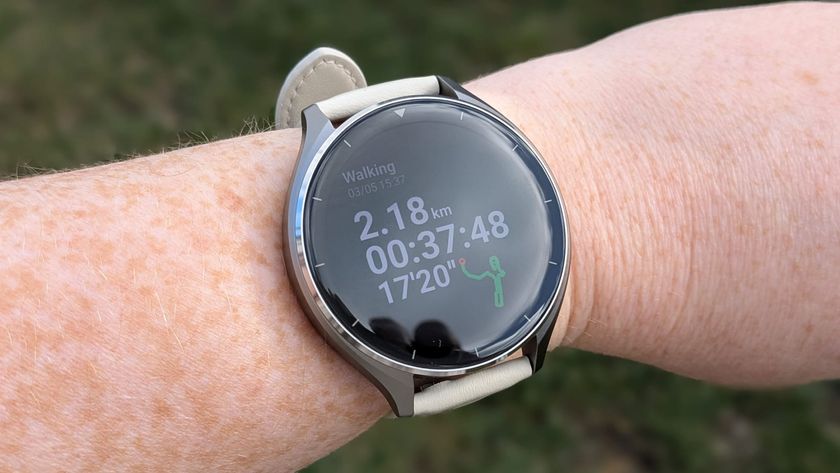
Diagnosis: Broken Medical System. Cure: Complicated (Op-Ed)

Dr. Linda S. Ellis, M.D., M.J. (Health Law) is an associate professor in the department of medical sciences at the Frank H. Netter MD School of Medicine at Quinnipiac University. She contributed this article to Live Science's Expert Voices: Op-Ed & Insights.
Stop me if you've heard this one: What's the difference between a catfish and a doctor? Hint: one is a scum-sucking bottom-dweller.
Twenty-five years ago, when I was applying to medical school, I'm fairly certain that joke was told differently. Much has changed since then. The once-venerable medical profession has taken quite a tumble from its pedestal, with the terms "untrustworthy" and "greedy" used characterize doctors more often than "respected" and "benevolent."
What happened?
In the time that has passed since I was a medical student, medicine has been fraught with opposing interests and competing egos. Physicians have responded to tremendous societal pressure to be "right" by placing the same pressure on one another. Not wanting to be seen as "wrong" — i.e. "bad" — we've created a culture where physicians are reluctant to trust colleagues whose opinions may be wrong; afraid to ask questions for fear of appearing stupid; and where admitting mistakes is perceived as an admission of malpractice. We tell one another and our students to never admit wrongdoing; even worse, we model bad behavior to our medical students and residents, training new doctors to perpetuate behaviors that engender distrust. The culture of medicine is broken.
Complicating things is Medicare's physician reimbursement system, in which most physicians participate. Reimbursement is based on the complexity of a patient's visit and the sum of relative value of the physician's work (approximately 52 percent), practice expenditures (approximately 45 percent) and malpractice costs (approximately 3 percent), multiplied by a Medicare conversion factor that has, in the past 20 years, increased by only $3, despite dramatic increases in the cost of medical technology and equipment.
All of those factors have led to a bottom line that doesn't add up: Physicians must see more patients to make less money than they did in 1992, about the time our current medical students were born. As a result, patients are spending more for health care and getting less: They feel rushed by doctors trying to see more patients; dismissed by doctors who have little time to get to know them or learn about their concerns; and lied to or — at best — misled when unexpected complications arise or mistakes are made.
Sign up for the Live Science daily newsletter now
Get the world’s most fascinating discoveries delivered straight to your inbox.
So how do we find a way back to the days when medicine was viewed as a respectable and trustworthy profession?
We can do so by restoring the culture of medicine to one of communication and trust among physicians and patients . Physicians not only must learn the importance of a patient's story, but hear each patient's unique narrative in order to provide information-based and ethically infused patient-centric care.
There is no quick or easy fix to the doctor-catfish conundrum, but I believe the greatest hope lies in promoting innovative changes to medical school curricula. The new paradigm must require scientific rigor; a clinical skills curriculum that improves physician-patient interactions ; and a legal and ethics curriculum emphasizing inter-professional teamwork, transparency and patient safety.
Physicians don't need pedestals. We need to be worthy of a reimbursement system that is fair and equitable for the time, risk and skill inherent in developing doctors who are worthy of the name.
Follow all of the Expert Voices issues and debates — and become part of the discussion — on Facebook, Twitter and Google +. The views expressed are those of the author and do not necessarily reflect the views of the publisher. This version of the article was originally published on Live Science.












